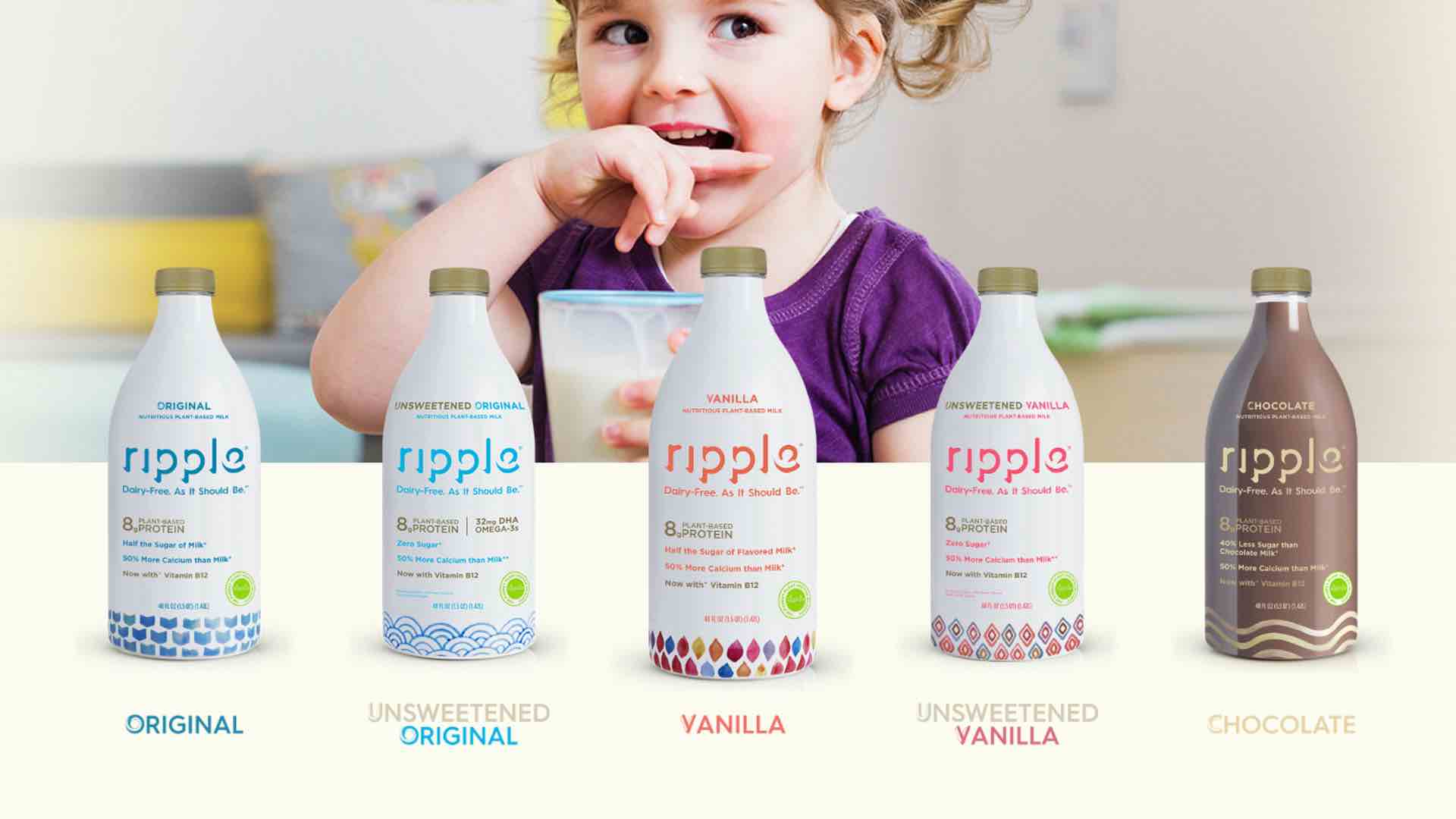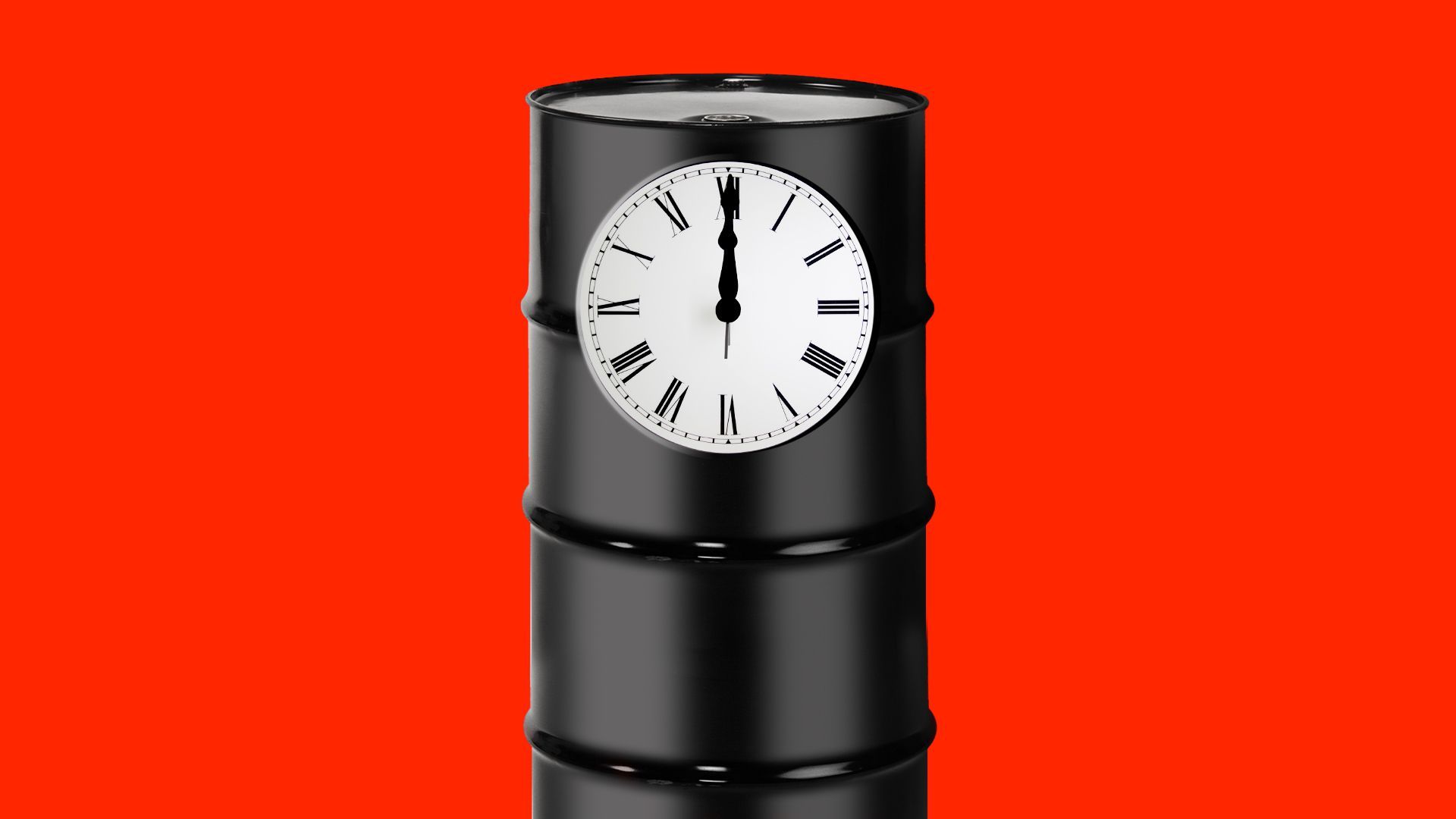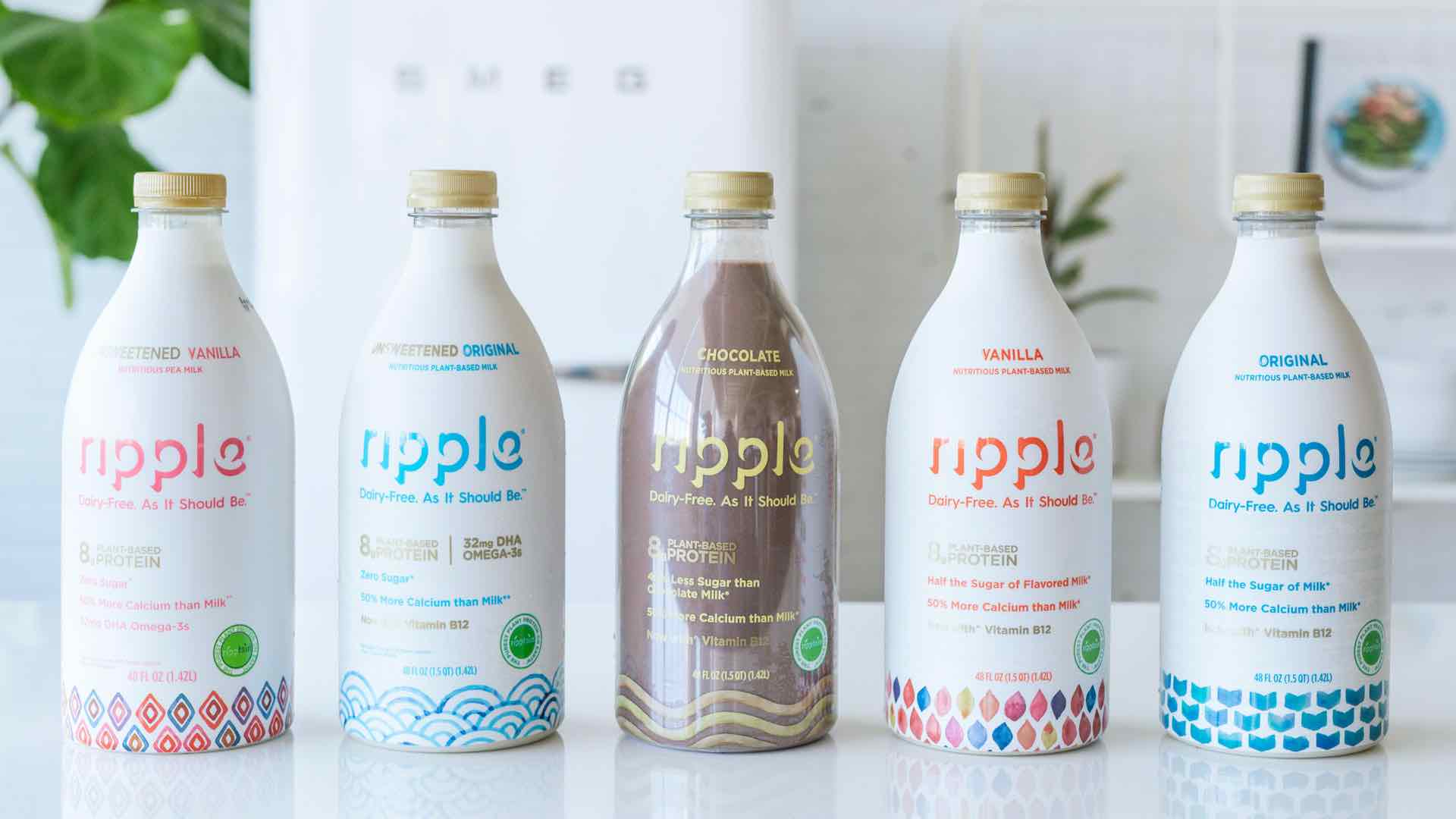| | | | | | | Presented By OurCrowd | | | | Axios Markets | | By Sam Ro ·Aug 12, 2021 | | Today's newsletter is 1,340 words, 5 minutes. 💰of the day: Soccer star Lionel Messi's new pay package will include a cryptocurrency called "$PSG Fan Tokens." 🚨We're launching our latest Get Smart video short course on going public and SPACs. Sign up here and get it on Aug. 16. | | | | | | 1 big thing: Rally recedes in riskiest bonds |  Data: ICE BofA via FRED; Chart: Axios Visuals Financial markets have hit a lot of peaks this year — everything from monster year-over-year earnings, unprecedented fiscal and monetary policy support, and weekly stock market milestones, Axios' Kate Marino writes. Driving the news: Corporate bond prices were no exception — leading to record low yields. But that trend has started to reverse course. Why it matters: "The bond market is the market of truth. And it's very clearly signaling that we're hitting peak everything," Steven Boothe, fixed income portfolio manager at T. Rowe Price, tells Axios. - In other words, don't be surprised if market momentum slows down in the second half of the year. "We are going to start coming off some of these peak fundamentals, and I suspect we'll start to come off of peak valuations as well," he adds.
What happened: Brent Finck, global co-head of high yield at Aviva Investors, says, "July was a bit of a reversal from the first half of the year. It felt like sentiment had shifted, and the risk-taking environment had changed a bit." - Uncertainty over the impact of the Delta variant, and fear that "we are now already at 'peak growth,' and economic conditions may soften quicker than previously anticipated" in part drove the shift toward risk-off in high yield, Finck says.
- Historically, the high yield market has been highly efficient in predicting periods of overall market stress down the road — especially when the riskiest, lowest-rated bonds come under pressure, he adds.
Yields on those lowest-rated bonds have shot up over the last month. The "CCC rated and lower" segment of the ICE BofA high yield index is now yielding 7.4%, up materially from its record low 6.5% on July 7. - That doesn't mean we're in for a massive market correction. Yields still remain low by historical standards. But it is a sign that market froth has receded from its sugar high.
Be smart: Bond prices can only go so high. Unlike stocks, which theoretically have no ceiling, companies eventually repay the money they owe to bondholders — but no more than that. The bottom line: At a certain point, the only direction bond prices can move is lower. We may have reached that point. - Low bond prices were a buying opportunity last year. "But the expectation for spread compression has gone away, and now portfolio managers are thinking of high yield as an asset class that provides solely a stream of interest payments," Finck says.
|     | | | | | | 2. Catch up quick | | Lordstown Motors announced it would begin limited production of its Endurance pickup truck in late September. (Reuters) Facebook may have to sell GIF website Giphy amid competition concerns. (Reuters) San Francisco Fed president Mary Daly says the Fed could start tapering quantitative easing as soon as this year. (FT) |     | | | | | | 3. A midsummer pause for airfares |  Data: Bureau of Labor Statistics; Chart Axios Visuals Airfares are edging lower as international travel is increasingly being discouraged by the Centers for Disease Control and Prevention. Why it matters: The Delta variant of COVID-19, is casting a shadow over the economic recovery. A dip in airfares that had been surging could be a signal that consumers may pull back in the months to come. Driving the news: On Wednesday, Southwest Airlines announced bookings have decelerated and cancellations have picked up this month, which it said "are believed to be driven by the recent rise in COVID-19 cases associated with the Delta variant." State of play: While airplane tickets represent a relatively small component of what most Americans spend on, it's been among the categories seeing the largest increases in recent months. - That's because prices were unusually depressed a year ago. And supply has lagged demand as the economy reopened.
By the numbers: Airfares fell 0.1% month over month in July, according to the Consumer Price Index report out Wednesday. - This comes after a 2.7% jump in June and a 7% surge in May.
- For context, prices are up 19% from July 2020 levels.
What they're saying: "The recent degree of strength was unlikely to continue indefinitely, and today's report suggests the slowing may be happening a bit quicker than expected," TD Securities chief U.S. macro strategist Jim O'Sullivan tells Axios. Yes, but: Edgerton also points out that airline fares are still about 10% below pre-pandemic levels. - As such, prices are likely to climb again, but at a more moderate pace, Oxford Economics chief U.S. financial economist Kathy Bostjancic tells Axios.
What to watch: It will be interesting to see if the Delta variant affects tourism-driven local economies and other parts of the travel industry, such as lodging, where prices spiked 6.8% in July. |     | | | | | | A message from OurCrowd | | Beyond Meat investor opens new food-tech investment opportunity | | |  | | | | OurCrowd is creating access to pre-IPO opportunities like food-tech company Ripple Foods. The idea: Going beyond dairy, Ripple utilizes its groundbreaking technology to make plant-based milks that are great tasting, high in protein — as high as dairy milk — and much lower in sugar. Find out more. | | | | | | 4. The call to pump more oil is oddly timed |  | | | Illustration: Aïda Amer/Axios | | | | The White House's call for OPEC to pump more oil in an effort to contain gasoline prices has experts puzzled. Why it matters: While consumers would always love to see lower prices at the pump, they aren't exactly sounding alarms as confidence remains high and spending has surged above pre-pandemic levels. - The news is also at odds with the administration's goals for tackling climate change. Days ago, an alarming United Nations report said the connection between human emissions of greenhouse gases and global warming was "unequivocal."
What they're saying: The timing of Biden's move is curious, as demand for oil may cool, especially in China, amid the spread of the Delta variant, Helima Croft, RBC Capital Markets global head of commodity strategy, tells Axios. - In the U.S., the summer driving season is nearing its end, which means gasoline demand is about to taper off.
- "It's not like this recovery in oil prices at this exact moment looks that strong," Croft says.
Flashback: Worries about oil prices were much greater a month ago, Croft notes, when WTI crude prices breached $75 a barrel and seemed to be heading toward $90. Zoom out: But gasoline prices have been climbing. According to AAA, the national average price for gasoline is $3.18 a gallon, up from $3.14 a month ago and $2.17 a year ago. Our thought bubble, per Axios' Andrew Freedman: While the sitting president is often blamed if gas prices go higher, an Axios Engagious/Schlesinger focus group conducted Tuesday showed that the prices are not yet a top of mind issue. - None of the 13 voters said the price of gas would motivate them to vote for or against a candidate.
- Focus group participants live in key swing states and voted for Trump in 2016 and Biden in 2020. While a focus group is not a statistically significant sample like a poll, the responses show how some voters in crucial states are thinking and talking about current events.
What to watch: "The question is how far [the Biden administration is] willing to take this request," Croft says. |     | | |  | | | | If you like this newsletter, your friends may, too! Refer your friends and get free Axios swag when they sign up. | | | | | | | | 5. Fewer workers worried about COVID |  Data: U.S. Census Bureau; Chart: Axios Visuals The rise in COVID-19 infections isn't motivating more workers to exit the workforce. Why it matters: Fear of falling ill or spreading the virus has been the primary reason millions of Americans have either left their jobs or halted their job searches. By the numbers: According to the Census' Household Pulse Survey (conducted July 21 to August 2) 2.48 million Americans said they were not working because they were "concerned about getting or spreading the coronavirus." - This is down from the 2.82 million print from the prior survey (June 23 to July 5).
- This number peaked at 6.24 million in July 2020 but has trended lower ever since.
Zoom out: The recent month's decline comes at a time when more Americans got vaccinated. - From July 5 to August 2, the number of fully vaccinated people in the U.S. increased by 7.4 million to 164.9 million.
What to watch: Through July, the labor force participation rate was still below pre-pandemic levels. If fewer workers are concerned about the virus, labor force participation should be expected to rise. - The next update on this metric will come with the August jobs report, scheduled for Sept. 3.
|     | | | | | | A message from OurCrowd | | OurCrowd creates pre-IPO investment opportunities for individuals | | |  | | | | OurCrowd brings accredited investors world-changing pre-IPO opportunities – like Silicon Valley food-tech startup, Ripple Foods. The product: Ripple's great tasting, high protein, low sugar, plant-based milk products are currently being bought by customers in over 15,000 stores. Find out more. | | |  | | It'll help you deliver employee communications more effectively. | | | | | | Axios thanks our partners for supporting our newsletters. If you're interested in advertising, learn more here.
Sponsorship has no influence on editorial content. Axios, 3100 Clarendon Blvd, Suite 1300, Arlington VA 22201 | | | You received this email because you signed up for newsletters from Axios.
Change your preferences or unsubscribe here. | | | Was this email forwarded to you?
Sign up now to get Axios in your inbox. | | | | Follow Axios on social media:    | | | | | |











No comments:
Post a Comment